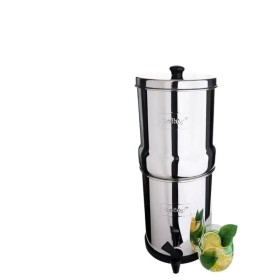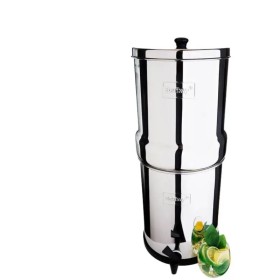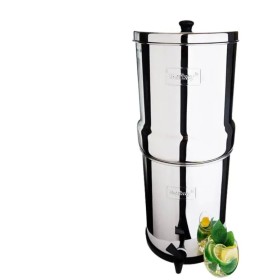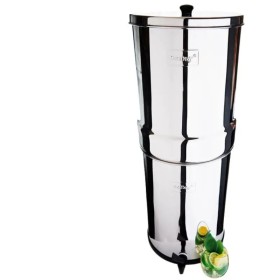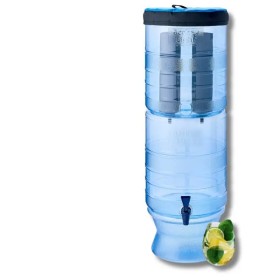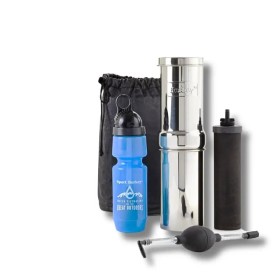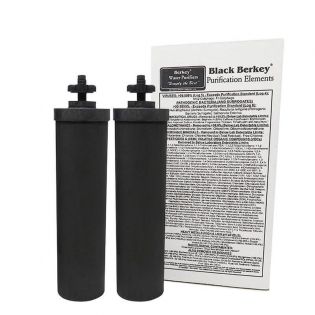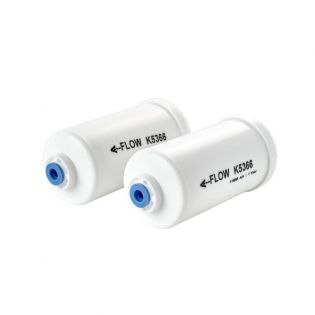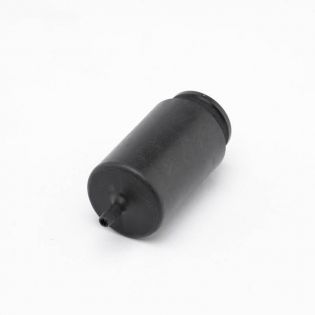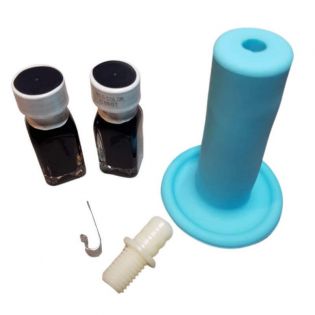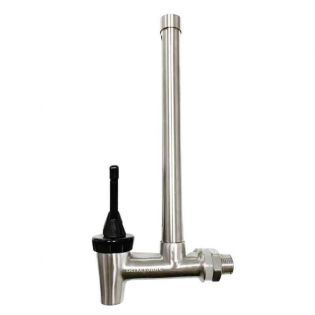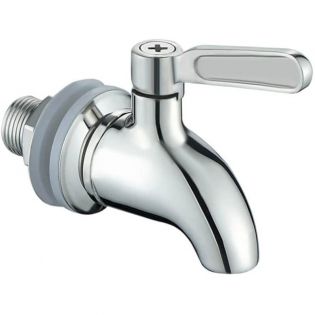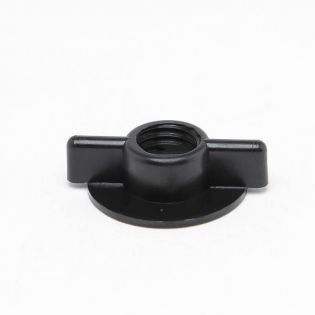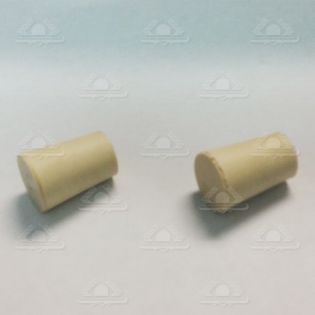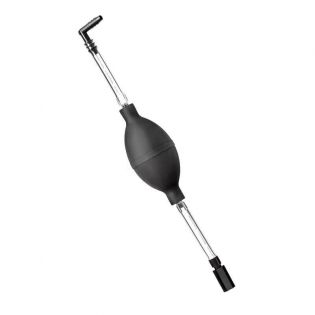Arsenic in water
Arsenic belongs to the family of pnictogens, like nitrogen, phosphorus, antimony or bismuth. It is a highly toxic element and as such, it is a regulated pollutant since 2005.
It is naturally present in the soil, often linked to precious metals like silver or gold.
The recent arsenic pollution in the Aude, region of France has rekindled the debate on industrial soil pollution and the risks of contamination, including drinking water.
In the Aude, due to the floods of 2018, arsenic in very large quantities has spread over large areas by the leaching of the former largest gold mine in Europe closed for 15 years leaving behind more than a million tons of extremely toxic waste.
However, several prefects had, as early as 1970, mentioned the danger of this environmental liability which was going to become a public health problem. But nothing was done because of a lack of investment.
Today, a study indicates that six to eight tons of arsenic will leach out over at least 20,000 years!
The affected area will therefore expand inexorably. This pollution is moving in the underground aquifers at a rate of 3 meters per day.
Arsenic is an endocrine disruptor and a disruptor of cell differentiation contributing to its carcinogenic properties.
Other regions in France are also polluted with arsenic. In lower concentrations, but the "cocktail" effect with other common pollutants, such as PCBs, lead or selenium, is not well known and can lead to real health problems.
Berkey® systems, thanks to the use of Black Berkey® filters, can remove arsenic up to 99.9%. For areas with high arsenic levels, and to avoid saturating Black Berkey® filters prematurely and before their 11,300-liter filtration capacity, it is important to add PF-2 filters, which are specifically designed to filter out arsenic, as well as fluorides and heavy metals.
For pure water, think Berkey® filters, your health asset!
Share this content

